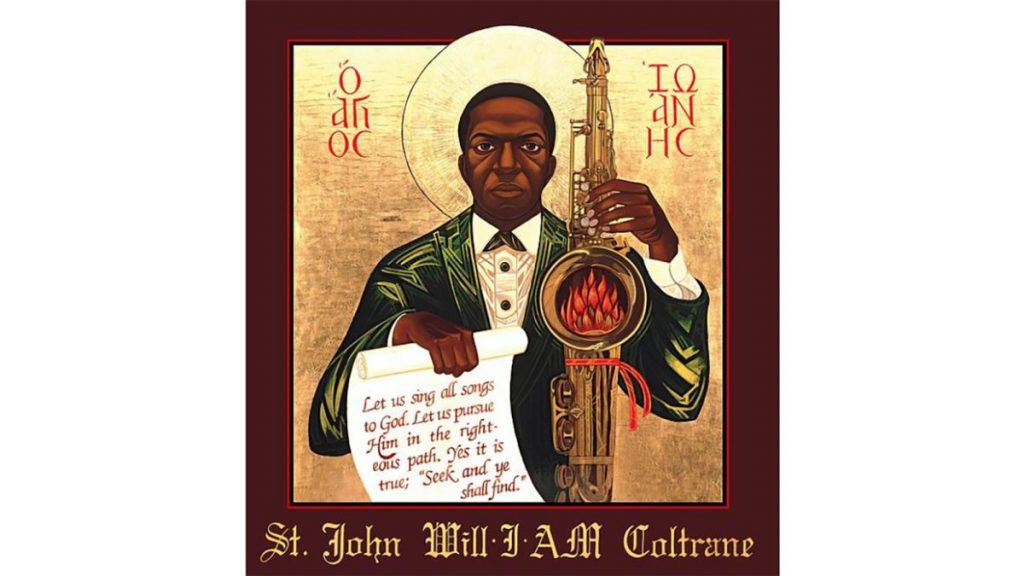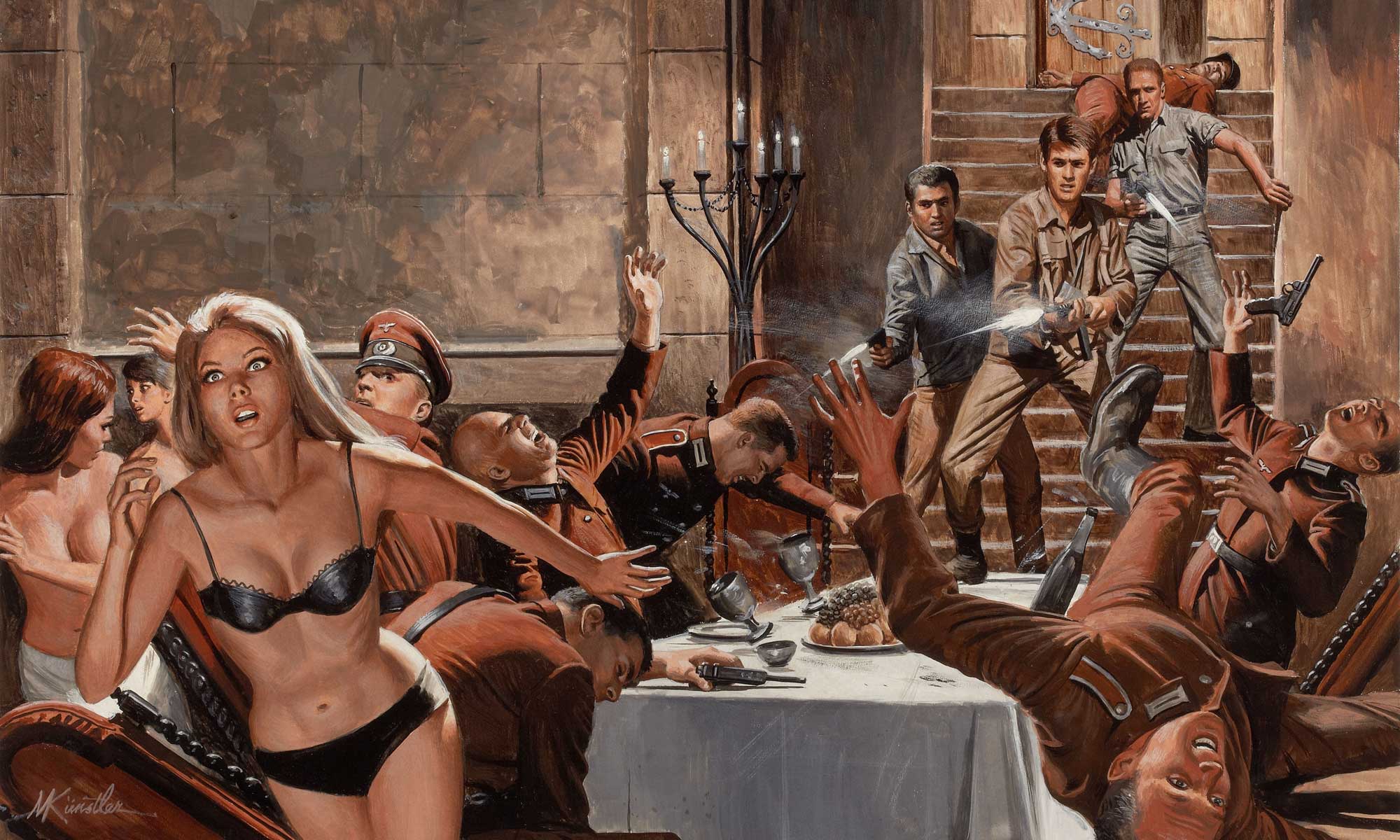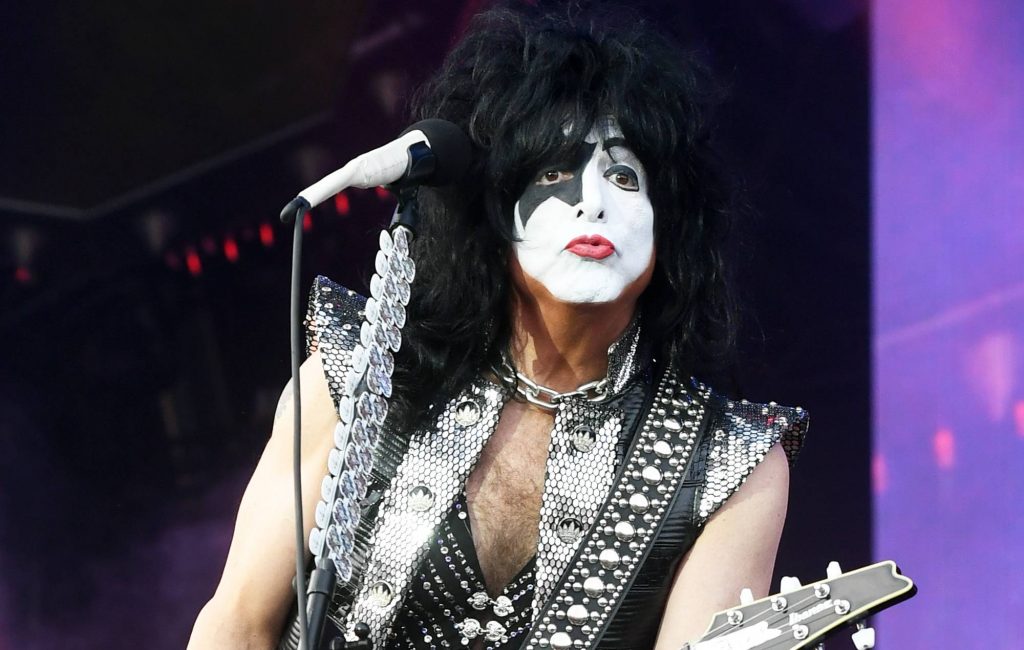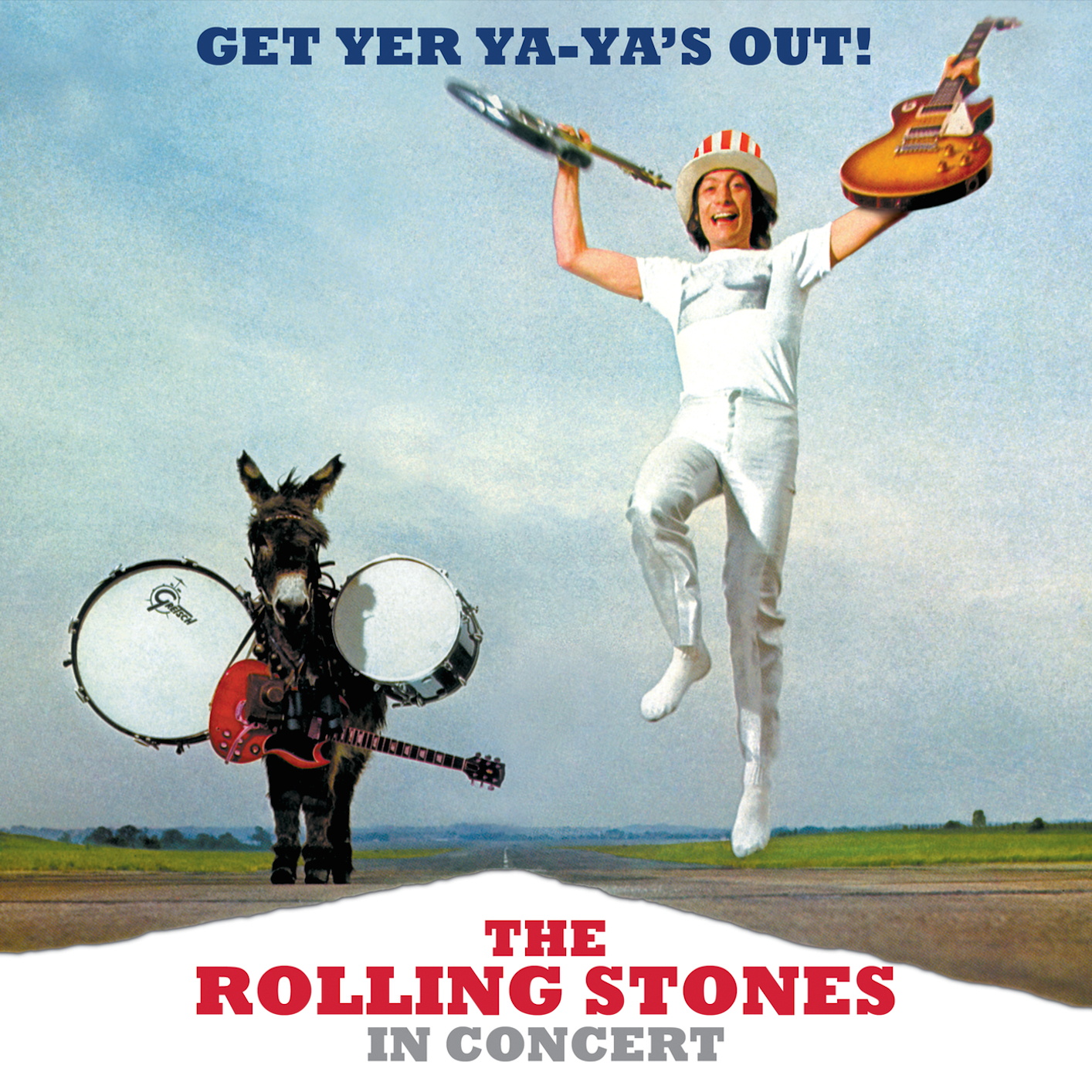
I like John Coltrane as much as the next egghead, but this is a little much.

Tales of True Adventure for Rugged Men Not Unlike Yourself

I like John Coltrane as much as the next egghead, but this is a little much.

I was bored at a relative’s home over the weekend and noticed a copy of the Neil Young biography, Shakey. I started reading random passages and ran across something interesting. Someone (I forgot who) recalls a meeting between Stephen Stills and Bob Dylan. After the meeting, Stills mentioned to the narrator that although he admired Dylan very much, he didn’t consider Dylan a musician. The narrator was horrified. The great Bob Dylan, not a musician?
Stills was correct. Let’s look at the facts. As a guitarist, Dylan doesn’t display much that you couldn’t teach anyone. As for the harmonica (barely an instrument really, but let’s be thorough), his playing reminds me of why I hid our harmonica from my two sons when they were very young. As for his singing, you could argue that the younger Dylan’s voice gave an appropriate tone to some of his songs. But we’re talking about musicianship here, and his singing has never been good in purely musical terms. And as for his “mature” voice, it reminds me of the noise my stomach was making a couple of weeks ago after I ate too many ribs.
Then there’s songwriting. I won’t deny he’s written some good ones (hard not to do when you’ve written several million). At best, they are effective support for the main ingredient, his lyrics. Musically, there isn’t much going on in them. You can find great instrumental parts, but they’re the work of others such as Robbie Robertson, Al Kooper, et al. Well-known covers of his songs are always better than the originals. Well, maybe not always.
So is Dylan a musician? Nah.
Dylan’s talents lie in lyrics and self-promotion. But as a lyricist, he is not the infallible god of his most ardent fans. It’s been pointed out elsewhere that you can’t be “along” a watchtower. You can be in, on, around, or even buried under one (which might have been a better premise), but not along one. Nit-picking perhaps, but it has a reputation as a great song, and great writing must be precise, even where the meaning is obscure. Then, there are some real clunkers. “Mr. Tambourine Man” is just plain dumb. But to be fair, everyone has bad days, and you can’t write as much as he has without misfiring. I find the protest songs to be overly earnest and boring, but my anti-folkie bias might disqualify me as a judge of those.
His real genius has been in nurturing the cult of his own genius. I can’t think of an artist who has more deftly used aloofness and contempt to rope fans into a sort of narcissistic codependency. It has enabled him to carve out a career on his own terms, so good for him. It has also worked so well that there will be no clear-sighted reassessment of Dylan until most boomers have downsized to the cemeteries.
That said, I’ve always liked his Live 1966 album where he gave a middle finger to the folkies by going electric. There’s real rock’n’roll tension there, and The Band play like gods. I also enjoyed his Theme Time radio show back in the aughties.
Since I posted an annoying song, here’s a good one. A women’s prison riot, two-gun Mathilde, and a, um, suggestive arrival of State Troopers. What, I ask, is not to love here?
I’ve never liked this song, but today I HATE it. At least the Sgt. Pepper album allowed the convenience of skipping this song and George’s Indian drone. You could just flip to Side 2 and start at “Lovely Rita”–not a great one, but I’ve always sorta liked it.
A recent letter to the WSJ in response to a Theranos story:
I am a former biotech analyst. Several years ago, the chairman of a client company told me he had seen an interview with Elizabeth Holmes and thought she was terrific and his company would be interested in working with her. He wanted to know what I thought.
Here is what I did: I went to the Theranos website and looked at the management and board of directors. I immediately noticed two red flags: First, the lack of relevant experience in the CEO’s bio, and second, the board appeared to be decorated with famous names unrelated to Theranos’s business.
Next, I called the company and introduced myself to the person who answered the phone. I explained the reason for my call and that I would like to speak to Ms. Holmes or leave her a message. I was told that there was no mechanism by which I could do that or anyone else with whom I could speak. Red flag No. 3.
It took me 10 minutes and cost my client zero dollars. Any life-sciences analyst would have done exactly the same thing and undoubtedly reached a similar conclusion. No rocket science here. So pardon my skepticism at senior members of corporations testifying as to how much money they spent on due diligence. Perhaps it’s time for their shareholders to make a change.
Elizabeth Silverman
Prism Biomedical Research
New York

What do Paul Stanley and I have in common? Chest hair? Makeup? Goofy stage banter? Nope. Not much, really, except for one formative event: at age 5, we were both pole-axed by Beethoven’s “Emperor” Concerto (Piano Concerto #5). Here’s PS waxing eloquent on the subject:
I was absolutely god smacked. To know that music could have that kind of power, although I was so young, the music had such heroic qualities to it and mammoth chords. To this day it’s some of the heaviest and most glorious melodies ever. So that really was my introduction to the gravitas that music could have and how emotive it could be. So at the core of music for me is Beethoven.
As for me, it was the first piece of music I fell in love with when Col. Renfield brought home a copy and put it on the ol’ console. The Beatles came a year or so later.
If you’re interested, there are many good recordings and a handful of great ones. But to my ears, Rudolf Serkin owned this work. Here he is with Leonard Bernstein and the NY Philharmonic competing with him for attention. The winners are we, the listeners.
Paul Revere and The Raiders wore Minutemen uniforms, acted silly (a requirement following A Hard Day’s Night and Help), had a teen idol in singer Mark Lindsey, and perhaps suffered overexposure as the house band on the weekly pop music TV show, Happening ’68. Earlier they were regulars on Dick Clark’s Where The Action Is, so they were all over television for a couple of years. All that made them easy to dismiss later as tastes changed and bands were expected to dress more like hippies and act more seriously, or at least like they were on harder drugs. That’s too bad. They were a great band, and the proof is in the grooves. There’s the Stonesy song posted above. Just Like Me , Steppin’ Out, and Hungry are among the best 60’s garage-rock songs. Good Thing gets more sophisticated with the Beach Boys vocal bit in the bridge, but the blistering instrumental track takes no prisoners. They earned their chops grinding it out in the Pacific Northwest club and teen-dance circuit, and you can hear it in Good Thing (no doubt some Raiders songs employed the Wrecking Crew, but this one sounds too unhinged to be the WC). Kicks features an unforgettable twelve-string riff, and its chorus is a textbook on how to write and produce a simple, effective hook. There’s nothing extraneous in that chorus, it just pounds in the hook. It also pulls the amazing stunt of being a cool anti-drug song. Does another even exist?
The Raiders ended up sort of like Max Baer post Beverly Hillbillies: once Jethro, always Jethro. They did manage one hit with a new beards-and-blue-jeans look, but it wasn’t any good (it’s called Indian Reservation, if you really must). Just how the ball bounces. This decade’s stars, next decade’s has-beens.
I’ll one-up the Osmonds with the Cowsills, who could be very good. The real-life inspiration for the Partridge Family series (and the Osmonds too, I’d guess), they were dismissed as bubble-gum by those who would be cool. And they were sometimes bubble-gum, but they could also do what I’d consider advanced baroque pop as well as anyone. No time to hunt down the hidden gems on YouTube today, but they had some very good songs (and plenty of cheese) in addition to their hits. Below is a live-TV version of their first big hit, preceded by the studio version for reference. Note how well they nail their vocal harmonies live. It’s a pretty amazing feat.

You’ve all heard, but there has to be a shrine here. There was nothing quite like the Stones firing on all cylinders. The Faces tried, but couldn’t entirely replicate it. Some of that mojo came from Charlie. As much a musician as a drummer, I’d pick him over thousands who might be technically better.
Predictably, they slay this cornball classic.